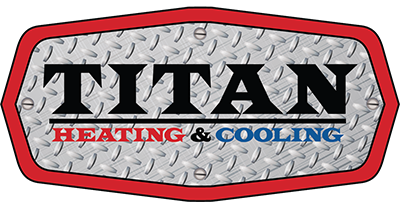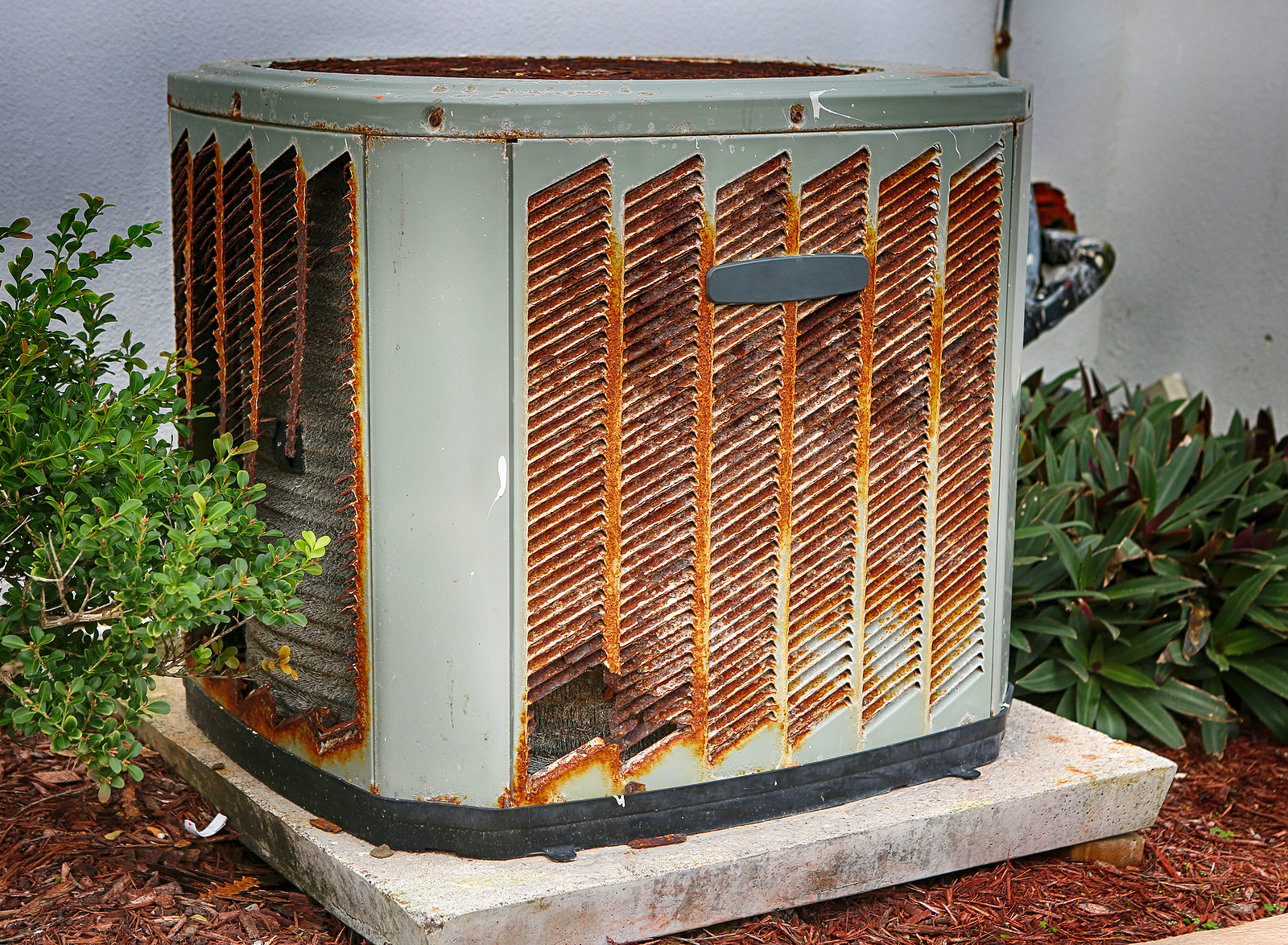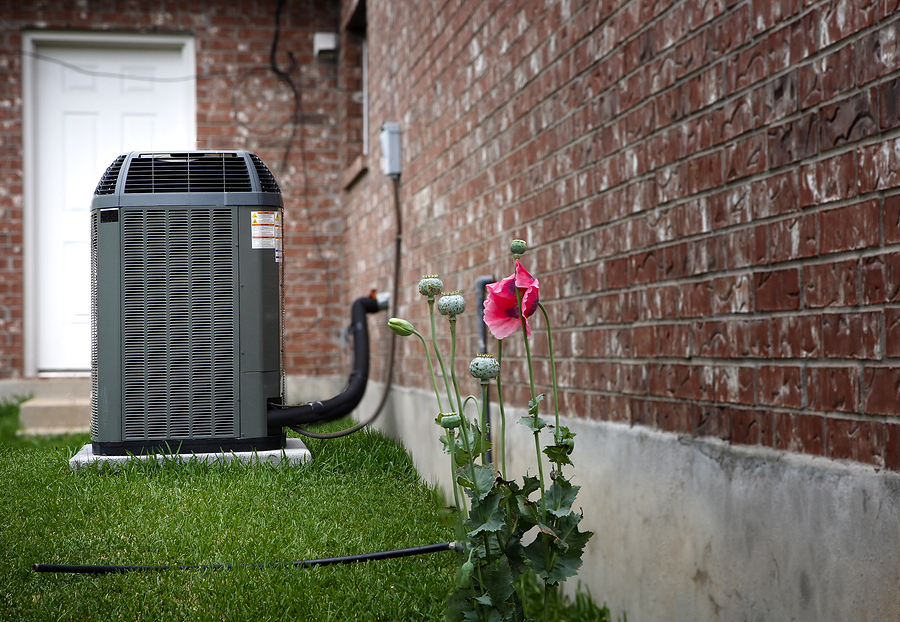Thanks to extreme temperatures, summer is the peak season for replacing air conditioning units. Unfortunately, as demand spikes, so do prices. But don’t worry–your AC might not need replacing just yet. Depending on the situation, it might actually be worth applying a temporary fix in late summer so you can buy a new system during the off season (fall through spring) when AC units are less expensive. Before you decide if your AC needs replacing, though, here are seven questions you should be asking yourself. Is your AC old? No matter how consistent you’ve been with HVAC maintenance, the average life expectancy for an AC unit is about 10-15 years. If your unit is within this age-bracket, then it may be time to consider investing in a replacement. Still, if your old AC isn’t giving you any problems, it might be smart to wait until the off season to buy a new system. Conversely, if your air conditioning unit is old and it’s giving you any of the problems listed below, you might need an immediate replacement. Have your monthly energy bills spiked? One of the first signs of an old or degrading air conditioner is inefficiency. If you’ve noticed that you’re paying much more for your energy bill than you’re used to paying at this time of year, it’s probably a sign that your AC is giving out. In general, older air conditioners have to work much harder to cool your home, meaning they use a lot more energy–and cost a lot more money. Of course, this may also be a sign of poor insulation in your home which could be caused by many different factors. It’s best to schedule an inspection first before you make the leap and buy a new system. Are temperatures uneven throughout the house? Have you noticed various hot spots around your home? Not only do aging ACs have to work harder, but they also have issues keeping temperatures even. It’s important to note that this issue could just be caused by an improperly sized AC unit, or by disintegrating ductwork. However, disintegrating ductwork is another sign of an aging AC, so while you can call a professional to come out and fix the ductwork, you may still need to replace the AC unit eventually. Is your AC noisier than normal? It’s common for most AC units to make some kind of noise when they kick on. But other noises can indicate serious issues. If you’re hearing sounds like squealing, grinding, scraping, or frequent loud pops and bangs, then you need to schedule an appointment with a professional as soon as possible. Your HVAC technician will be able to tell you if you need AC repairs or a full replacement. Have you already made expensive AC repairs in recent years? If your AC unit is still giving you problems after you’ve already replaced expensive key components, it might be more cost effective to simply replace it. This is especially true if your system is over that 10-year mark. If your AC is still under warranty, though, ask your HVAC specialist about what they can do for you in this situation. Are you seeing signs of poor air quality in your home? If you have people living in your home who have had frequent bouts of allergies or asthma, your air quality might be partially to blame. Old and disintegrating AC units often have problems with ventilation, meaning they are more likely to blow dust and pollen throughout your home. If you’ve noticed that your home is more dusty or humid than usual, your ventilation should be a key suspect. Call a trusted HVAC company and choose from their list of air conditioning...
Read MoreWhen your A/C breaks down, you’re stuck in a hot, sticky home until you get it back up and running again. And in addition to that physical discomfort, it can be difficult to know whether to have repairs done or to bite the bullet and buy a brand new system. There are many factors to consider, including the age of your system, frequency of repairs, and how efficiently it runs. To help you sift through these factors, let’s take a look at some of the pros and cons of repairing or replacing your air conditioning unit. Consider the Age of Your A/C Unit When Evaluating Whether Repairing or Replacing Your Air Conditioning Unit When determining whether to repair or replace your A/C unit, consider its age. If it is less than 10-12 years old, it’s generally worth repairing, unless it has a major issue that needs fixing (such as a failing compressor or condenser). If it’s older than that, it might be time to consider an air conditioner replacement, especially if repairs are becoming frequent. However, it’s not always that clear cut. An older system could still have a lot of life left in it if you have kept up on routine maintenance. Regardless of age, if your A/C unit isn’t running properly, contact an air conditioning repair company like Titan to inspect it and help you determine if repair or replacement is the best option. Compare the Cost of Repairs vs Replacement An individual A/C repair almost always costs less than replacing your unit. But in many cases, installing a new unit could be more cost-effective for the long term. If needed repairs come out to be 40% or more of the cost of a new system, replacing your air conditioner will be a better long-term investment. And if your A/C unit constantly breaks down, that’s a good sign that it's time for a replacement. SEER Rating: How Efficient is Your A/C Unit? Another factor to consider when deciding between air conditioning repair or replacement is the efficiency of your current system. If your A/C unit runs inefficiently — it runs constantly, doesn’t cool adequately, or causes increasingly high energy bills — you could save money in the long run by replacing it with a newer, more efficient model. One factor to consider as you make that decision is the Seasonal Energy Efficiency Ratio (SEER) rating of your unit. The SEER rating measures the A/C unit’s total cooling output over a season against the total energy consumed during a season. This can help you compare the operating costs of your old system vs new air conditioner models. Today’s A/C units have a minimum SEER rating of 13, whereas older units generally have a much lower rating, often in the range of 8-10 SEER. For each SEER rating increase, you save about 7% on your energy bill. For example: if you have an old 1980s A/C unit with a 9-10 SEER rating, you could save 21-28% on your energy bills by replacing it with a new unit rated at 13 SEER. And if you upgrade further to a 15-16 SEER unit, you could save even more — as much as 42-49%! As you can see, replacing your old system with a new, more efficient model can mean big savings. Titan’s Financing Options for Replacing Your Air Conditioning Unit At Titan, we understand that even with significant savings in the long run, replacing your air conditioner can feel like a hefty investment. That’s why we offer financing options to help make your air conditioner replacement costs less burdensome. We offer convenient monthly payment options, competitive interest rates, deferred interest, and more....
Read More




